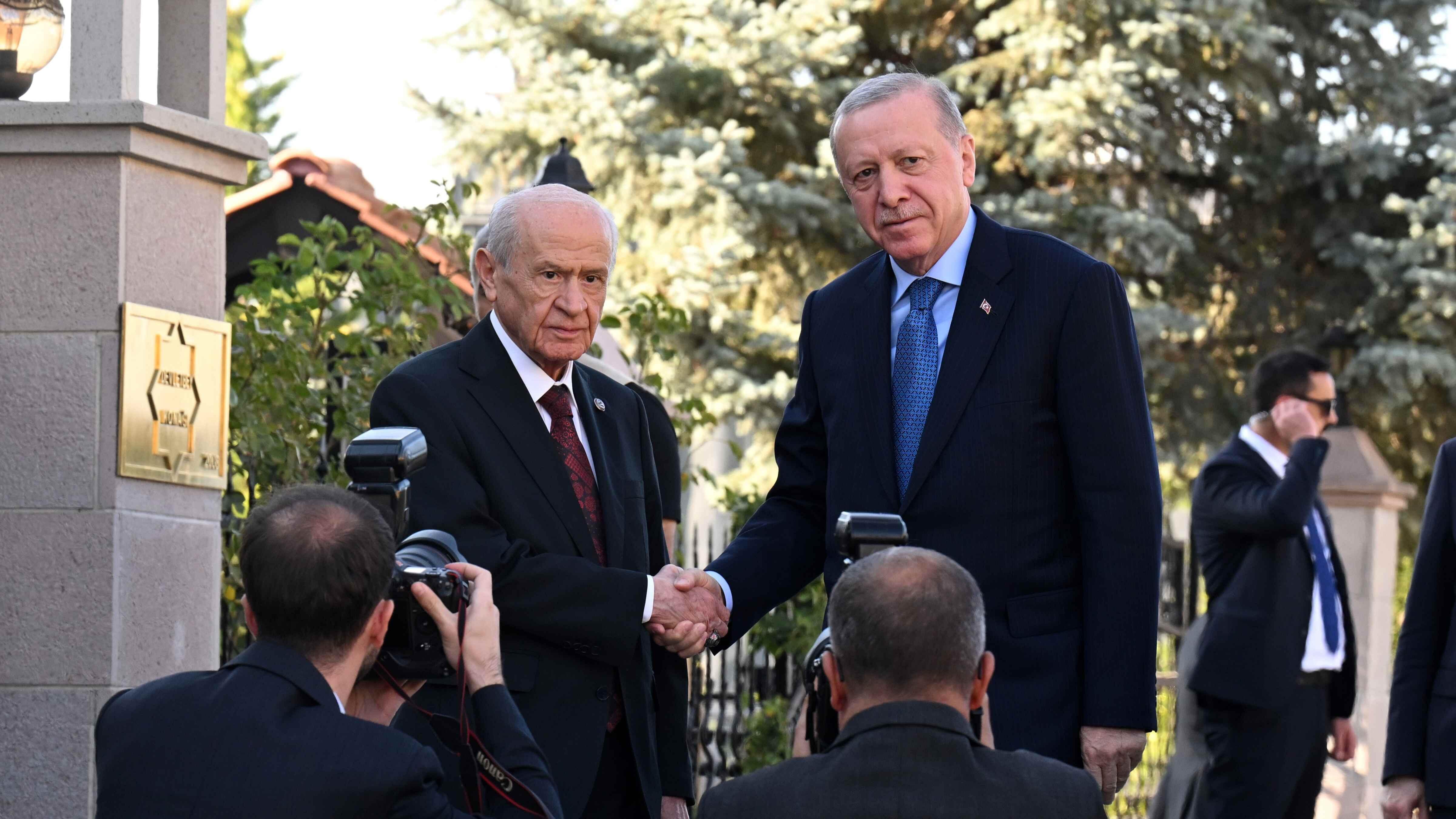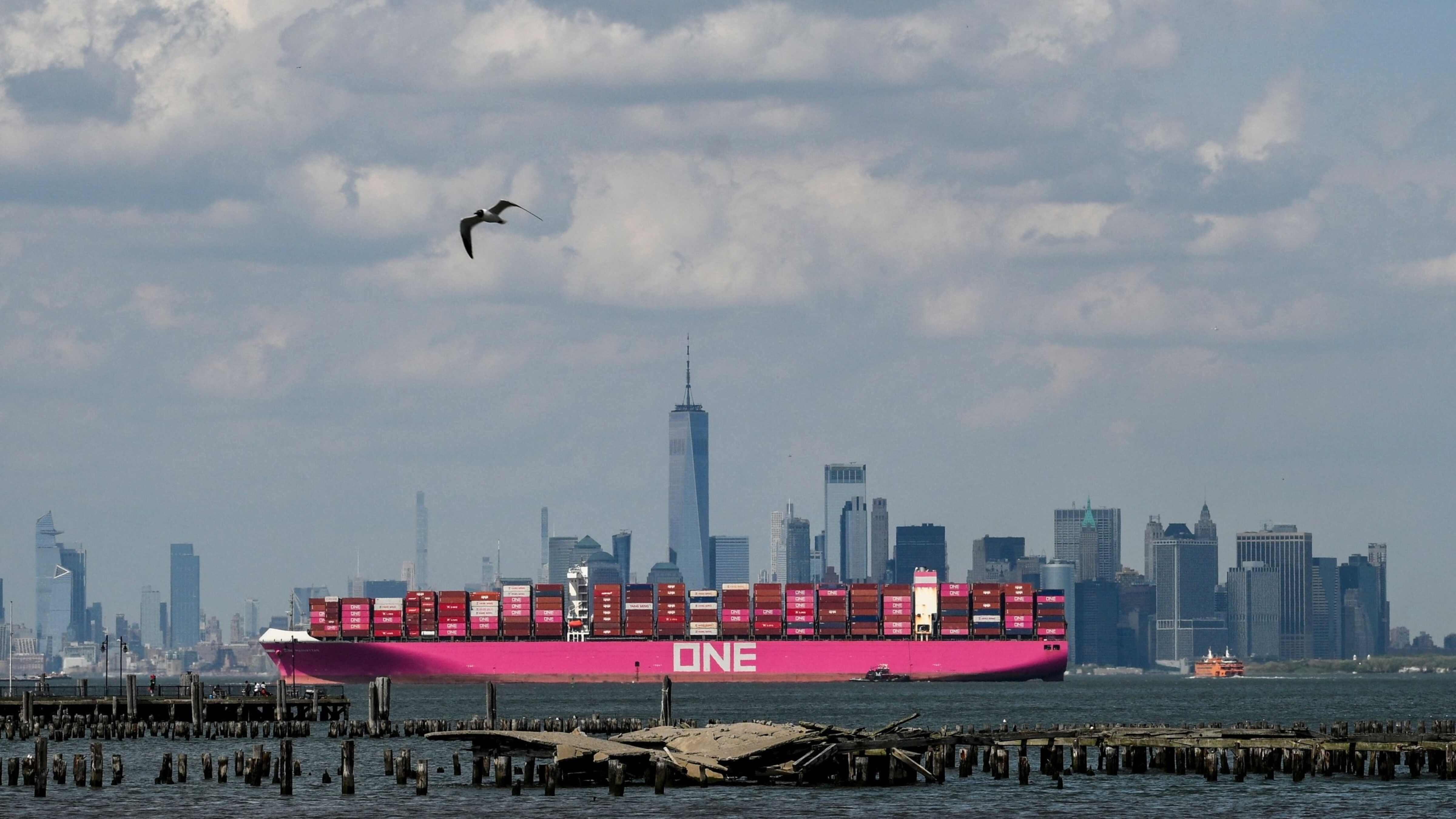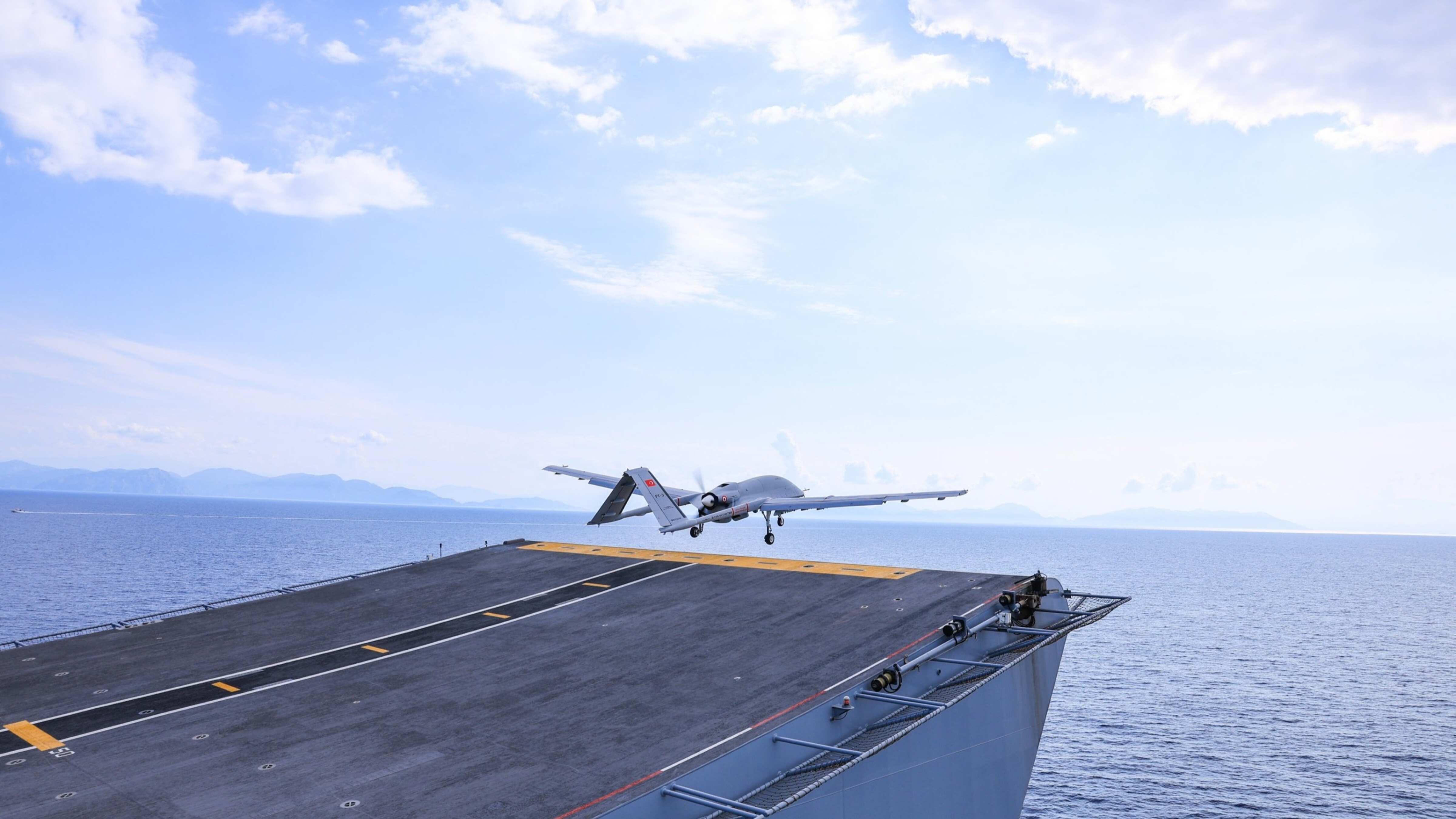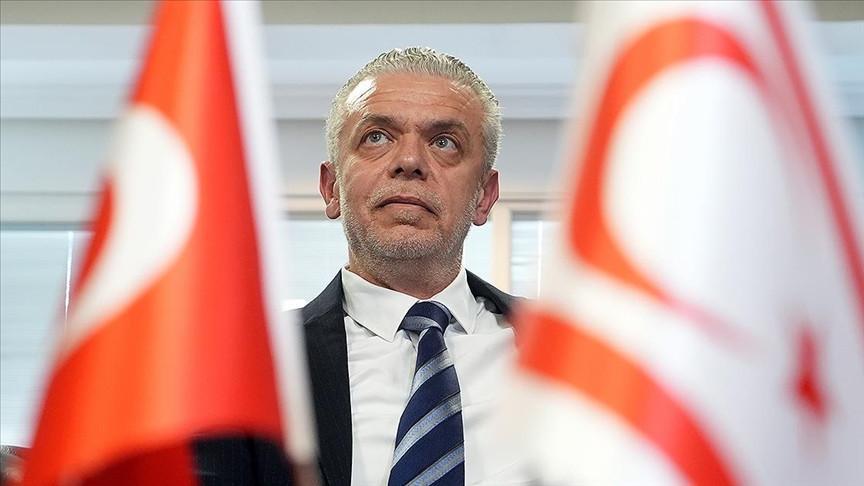Former Greek PM urges EU to keep doors open to Turkey
ANKARA
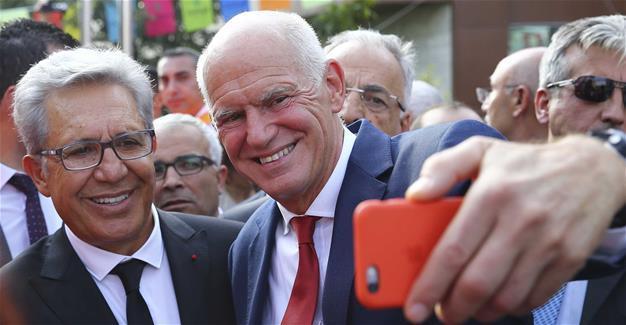 George Papandreou, former Prime Minister of Greece, has urged European Union leaders to keep the doors open to Turkey and to continue dialogue with the Turkish government, in an apparent reference to German Chancellor Angela Merkel’s calls for the suspension of accession talks with Turkey.
George Papandreou, former Prime Minister of Greece, has urged European Union leaders to keep the doors open to Turkey and to continue dialogue with the Turkish government, in an apparent reference to German Chancellor Angela Merkel’s calls for the suspension of accession talks with Turkey.“We need to keep the doors open for cooperation between Europe and Turkey … Keep the doors open for a European future for the Turkish people. One may differ and even be very critical on many things happening in Turkey today. Yet, closing the door will not change that, it will penalize the people of Turkey,” Papandreou said at the opening ceremony of the Zülfü Livaneli Cultural Center in downtown Ankara on Sept. 16.
Papandreou highlighted that excluding Turkey would not solve the problems between Turkey and Europe but would feed negative stereotypes of Turkey and its people.
“It will also create negative stereotypes of Europe and its values in the minds of the Turkish people, as they will be told Europe does not want Turkey for religious reasons. Doors need to stay open and dialogue needs to continue,” he said.
Papandreou emphasized he will continue to be a “proponent of a European Turkey.” The architect of the Turkish-Greek rapprochement with Turkey’s late Foreign Minister İsmail Cem in late 1990s, Papandreou hailed Livaneli’s contribution to launching a new beginning between the peoples of Turkey and Greece along with Greek artists, Mikis Theodorakis and Maria Farantouri.
“Zülfü Livaneli has a very special place in my heart and the heart of the Greek people. He is immensely appreciated as a composer and writer, he is admired and respected for the courage to live close to the values he has stood for,” he said.
Livaneli and Theodorakis paved the way for understanding and friendship between the two countries at a time when hostility and prejudice were prevailing.
“The late Ismail Cem had told Zülfü that he and Theodorakis had laid down the carpet, which I and Ismail were able to walk on later. And it is true, Ismail Cem, the Foreign Minister of Turkey when I was the Foreign Minister of Greece, became a very close friend. And that was because we both devoted our lives and worked closely together, despite our differences, to build a stable Greek-Turkish rapprochement,” the former prime minister recalled.
This new era launched on Turkish-Greek ties is still continuing today despite the obstacles,Papandreou said, praising the role of Livaneli in “bringing people together with his music and poetry.”
Challenges in a globalized world
Currently serving as the President of the Socialist International, Papandreou drew attention on the growing challenges of the globalizing world, which also brings new opportunities and possibilities at the same time.
There are two ways to respond to all these, stated Papandreou. “One is to cultivate fear. To thrive on dividing society. To demonize other human beings. On political, ethnic, religious, grounds. To see differences as a threat. And build up hatred. There is another way: To build on cooperation. And to empower people! Politics that promote respect, hope and solidarity,” he said.
Problems like financial crises, global warming refugees or economic inequalities cannot be resolved if nations and countries do not work on them together, he underlined.
Darker side of politics
“We need to combat the darker side of politics today. We have seen the rise of extremism, xenophobia and racism. This is challenging democratic achievements we thought no one could question. Instead of cooperation and solidarity we have seen the insanity and dead end policies of walls, of stereotyping, of scapegoating the other. The ‘other’ being no more than a fellow human being,” he added.
So now more than ever, people need to reach out to each other, understand each other, communicate with each other in a spirit of solidarity and this means accepting basic values, Papandreou stated. “This is why Livaneli’s work is of such great importance. Hate speech creates more hatred, rage and fear. Livaneli’s speech, his language, is needed more than ever. It is of music that unites, writing that empathizes with the weak, the outcast, the oppressed, whether it be a women, a refugee, or someone from a different culture and religion,” he stressed.


